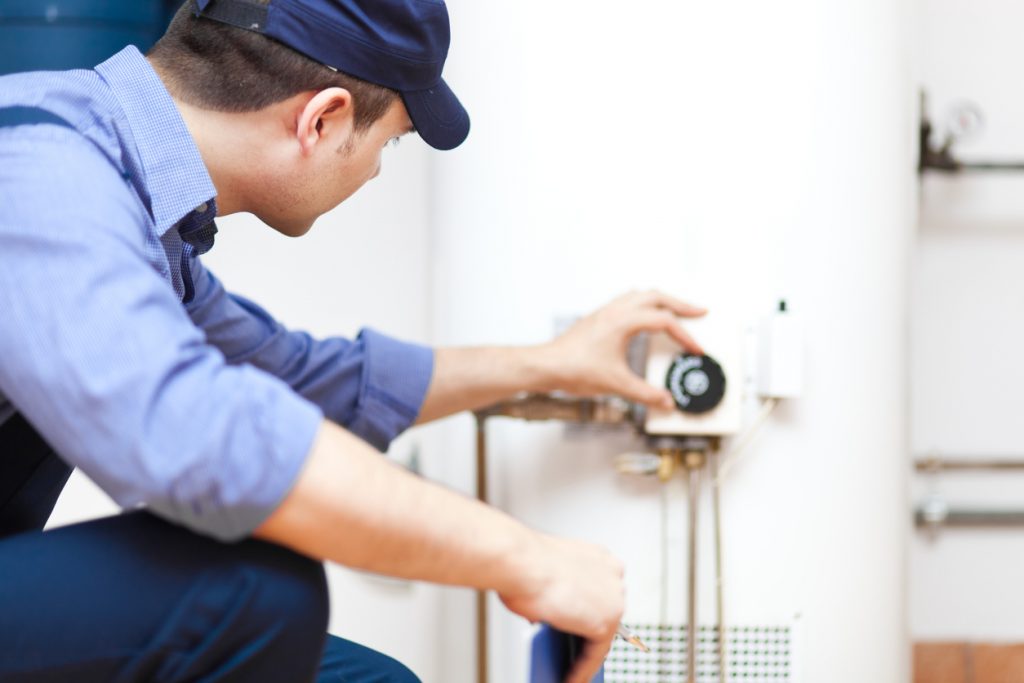As a homeowner, it’s always nice to know what to look out for to prevent catastrophes from occurring. A water heater that goes out unexpectedly or starts blowing water all over can be a real headache. Here are four signs that indicate it may be time to replace your water heater.
1. Your Water Heater Is a Teenager
Water heaters last an average of eight to 10 years. So, if yours is at the age where it could be entering high school, it’s probably a good time to start looking for a replacement before it has a serious issue that leaves you without hot water. If you are not sure how old your water heater is, you can look at the serial number.
The serial number will start with a letter that letter indicates a month. For example, the letter A would be January. The next two digits will indicate the year. So, if your serial number starts with A06, it means the water heater was manufactured in January 2006.
2. Water Is Rusty Colored
If you’re running hot water and it’s coming out rusty brown in color, it’s a sign that the inside of your water heater has corrosion. This is usually a sign of an older water heater and is a clear indication that you need to start looking for a new water heater sooner rather than later.
3. Noisy Operation
If your water heater makes a popping noise when it’s running, it likely has a buildup of sediment or water minerals. Water mineral buildup isn’t typically a problem in Macon, Georgia since the water here is considered very soft, but it can still happen over time. The culprit is likely sediment that has built up and formed a thick layer at the bottom of the water heater where the heating element is.
You can try flushing the water heater to remove this sediment. However, if this task has been neglected over the life of the water heater, it’s likely time to replace it. Sediment buildup causes a lot of strain on a water heater and will quickly lead to damage to other parts of the tank. It also causes the water heater to be inefficient and use more energy than necessary to heat your water, resulting in higher electric or gas bills.
4. Leaking Water
While some leaks are simply the result of a loose fitting, many times, it’s the result of an over-expansion of the tank’s metal, which results in cracks. This is a common occurrence in older water heaters that have gone through thousands of heating cycles. However, it can also be caused by a lack of maintenance that leads to over-pressurization inside the tank.
If your water heater is experiencing any of the above issues, let us come out and take a look. Our experts at A-1 Plumbing can help you determine if it’s time to replace your water heater.

